Beatrix Potter Wildflowers Seed Ball Tin Collection – Mrs Tittlemouse (Hedgerow Wildflower Mix)
$9.30
In stock
Gift wrap available for this product at Checkout
- Grow Wildflowers easily
- 6 Seed Balls in each tin, containing a variety of different seeds
- Licensed Beatrix Potter product
- Eight to Collect
- Wildflowers help Bee’s and other wildlife
Description
With our NEW Collectable Seed Ball Tins, you can easily sew wildflowers that will make your garden a wildlife paradise.
The Seed Ball Tins are perfect to collect (once you’ve planted the seed balls), with 8 in the Beatrix Potter range all showing a different image of the named character on the tin. The eight characters include:
- Peter Rabbit
- Jemima Puddle-Duck & Mr Tod
- Flopsy, Mopsy & Cottontail
- Mr McGregor & Peter Rabbit
- Mr Jeremy Fisher
- Squirrel Nutkin
- Mrs Tittlemouse
- Mrs Tiggy-Winkle
Our Mrs Tittlemouse Tin includes a Hedgerow Wildflower Seed Mix made up of the following wildflower varieties; Common Knapweed, Red Campion, Self-Heal, Tufted Vetch, Garlic Mustard, Hedge Bedstraw, White Campion, Ox-eye Daisy, St John’s Wort
What you get in the Wildflower Seed Ball Tins…
Each tin comes with 6 Seed Balls and a different range of wildflowers that match the individual character. Also included is an instruction booklet describing how to get the best results from your Seed Balls and what to expect during the germination process.
The Seed Balls themselves are a range of wildflower seeds encapsulated in a clay ball, our Seed Balls are completely pete free and the clay protects the seeds until there is enough moisture in the surrounding soil to slowly break down the clay when the seeds are released.
With our seed tins, you can give a thoughtful gift to anyone who has a love of gardening and/or Peter Rabbit, whether they are adults or children.
This new Wildflower Seed Ball Tin Range complements our other Beatrix Potter products perfectly.
Our World of Peter Rabbit range of home and garden products includes Pot Feet, Pot Buddies, Cane Companions, Garden wear and tools for adults and children and our range of Eco-Pots. There is something for everyone to enjoy.
Why you should use our Seed Balls?
The seeds contained in our Clay Seed Balls are classied as plants for pollinators by the The Royal Horticultural Society, meaning they will help the declining global population of Bee’s and other pollinating insects.
To find out more visit: https://www.rhs.org.uk/wildlife/help-our-declining-bees-and-other-pollinators
What else can You do to help pollinators?
- Allow lawn ?weeds? to flower by cutting less often
- Provide water for pollinators
- Avoid using pesticides wherever possible and never spray open flowers
- Provide nest sites for wild bees
Additional information
| Dimensions | Length 10 cm x Width 7 cm x Height 1.5 cm |
|---|---|
| Colour | Multi-colour |
| Material | Various |

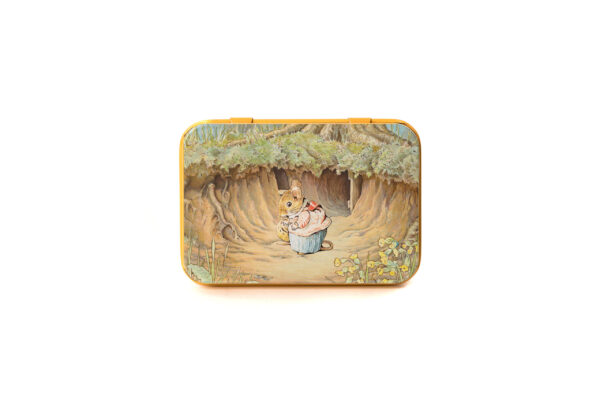
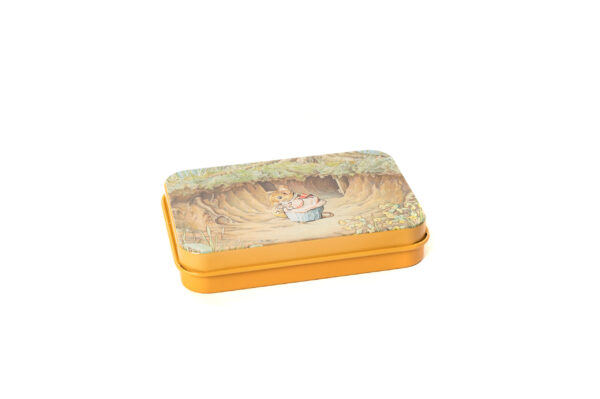
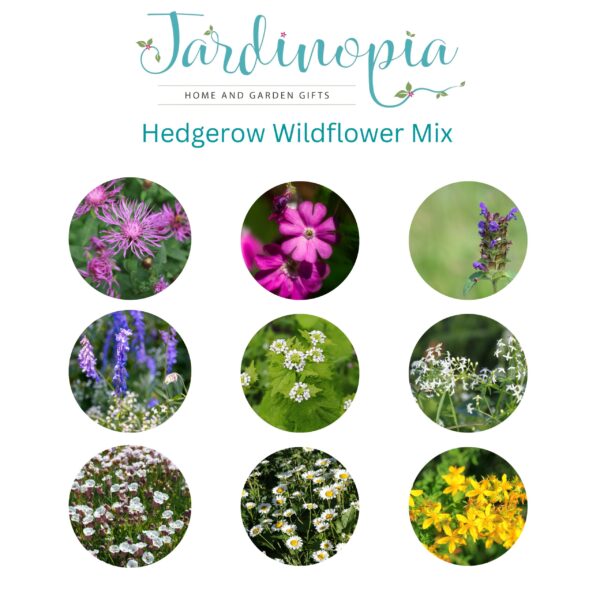
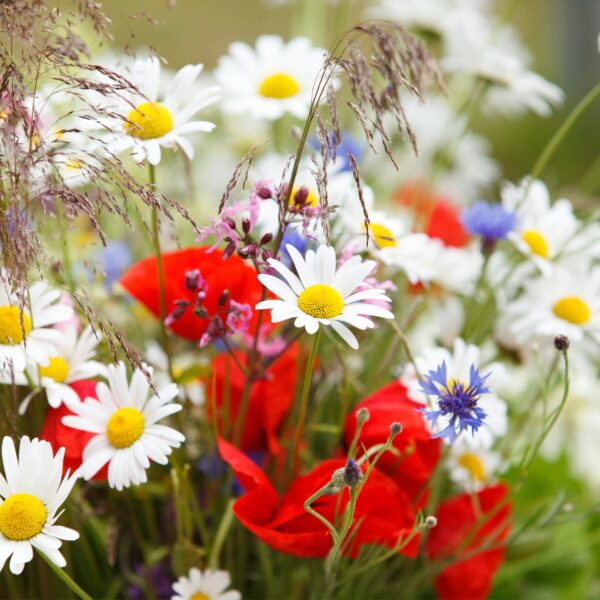
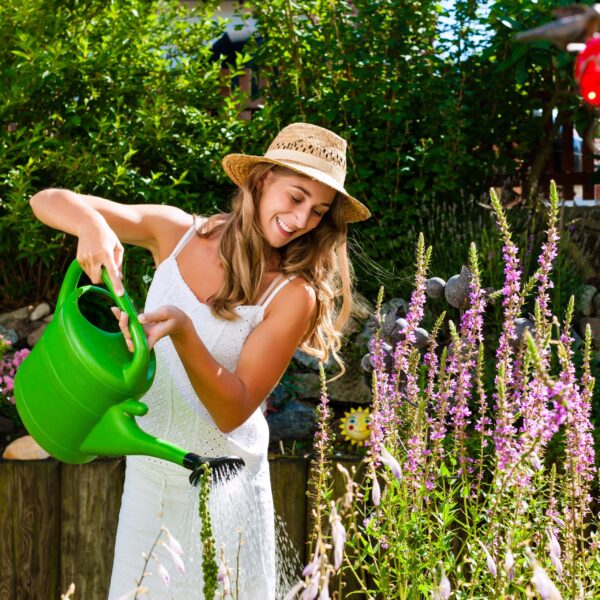
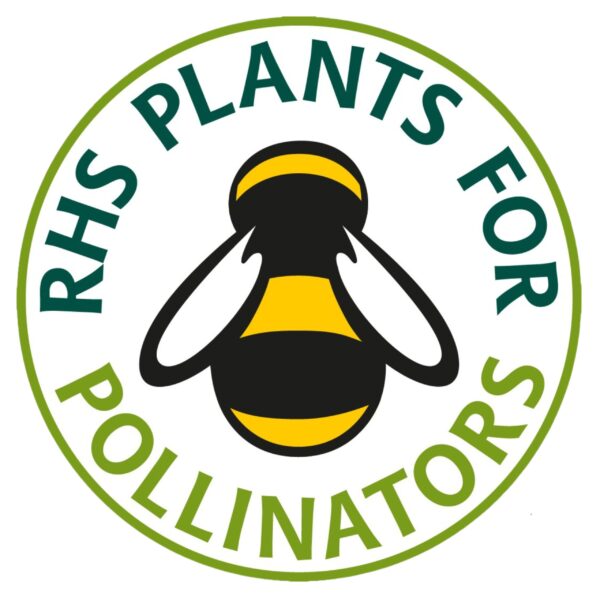
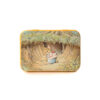
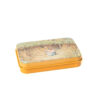
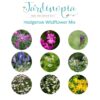
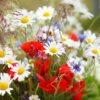
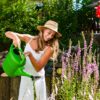
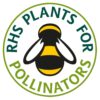
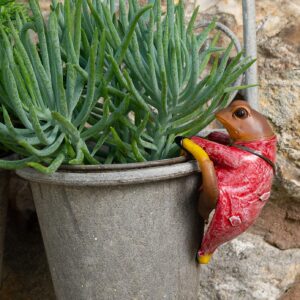

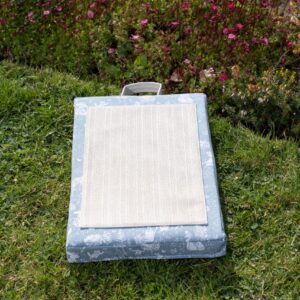
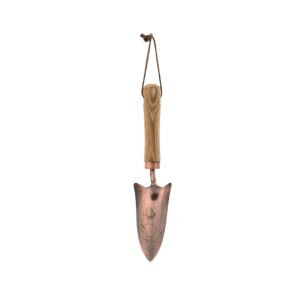
Reviews
There are no reviews yet.